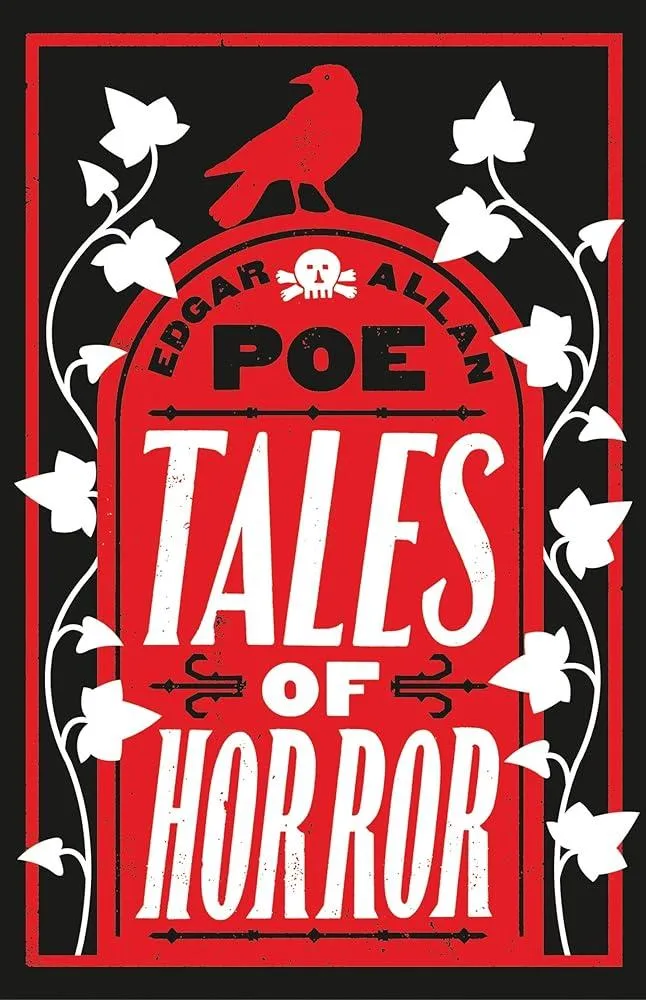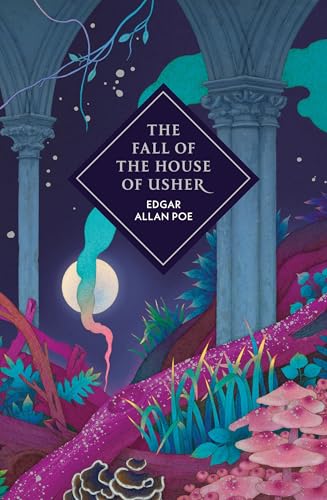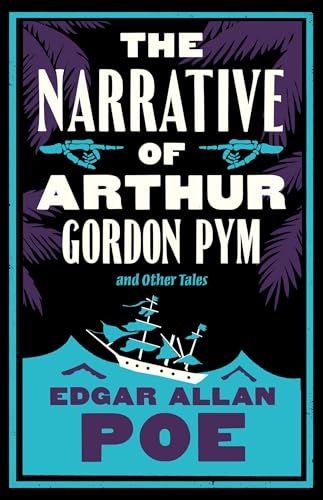A murderer is forced to reveal his crime by the sound of a beating heart, a mysterious figure wreaks havoc among a party of noblemen during the time of the plague, a grieving lover awakens to find himself clutching a box of his beloved blood-stained teeth, a man is obsessed with the fear of being buried alive – these are only some of the memorable characters and stories included in this volume, which exemplify Poe's inventiveness and natural talent as a storyteller. Immensely popular both during and after his lifetime, and a powerful influence on generations of writers and film-makers to this day, Edgar Allan Poe is still counted among the greatest short-story writers of all time and seen as one of the initiators of the detective, horror and science-fiction genres.
Edgar Allan Poe
Edgar Allan Poe was an American writer known for his macabre and gothic tales that explored themes of death, madness, and the supernatural. His most notable works include "The Tell-Tale Heart," "The Raven," and "The Fall of the House of Usher." Poe's writing style is characterized by its dark and eerie atmosphere, intricate plots, and use of symbolism and suspense.
Poe is considered a pioneer of the detective fiction genre with his creation of the fictional detective C. Auguste Dupin in stories like "The Murders in the Rue Morgue." He also made significant contributions to the development of the modern short story and poetry.
One of Poe's most famous works is the poem "The Raven," which tells the story of a man haunted by a mysterious raven that visits him in the night. The poem's haunting rhythm and repetition of the word "nevermore" have made it a classic of American literature.
Poe's impact on literature is profound, as his works continue to inspire and influence writers to this day. His exploration of the darker aspects of human nature and his mastery of the craft of storytelling have cemented his legacy as one of the greatest writers in American literary history.









